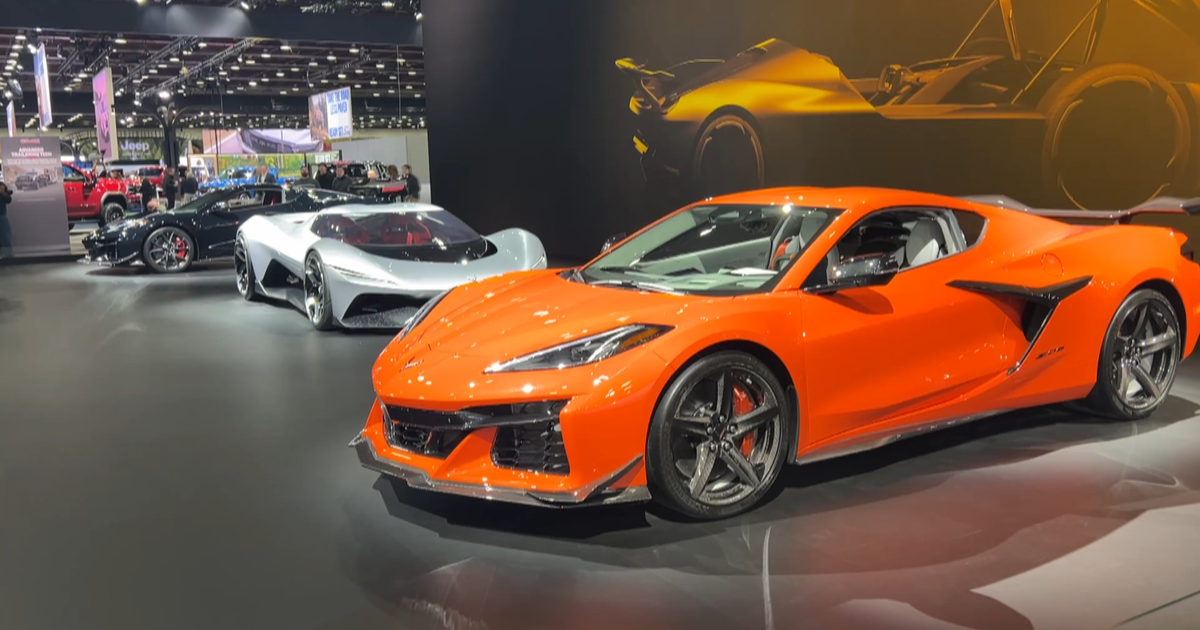Who's most likely to switch from a sedan to an SUV?
Anybody who has been on an American road in recent years can attest to the rising popularity of SUVs. But new research from consultant IHS Markit shows that the likelihood that you'll switch from a sedan to an SUV depends on your ethnicity, income and age.
The percent of families with a sedan in the garage who ditched it for an SUV as their next vehicle has risen sharply in the past five years. For the year ending in March, 35 percent made that switch compared to 24 percent in 2013.
Not every new SUV was a replacement vehicle. In some cases, it's parked next to the family's sedan.
But the IHS Markit research showed that who you are helps determine how likely you are to go for an SUV after a sedan. Its report cites these factors:
Ethnicity
Nearly 40 percent of Asian-American families made the switch, while 31.9 percent of Hispanics and 31 percent of African Americans went for SUVs. For all other ethnic groups, the average was 37 percent.
The report didn't attempt any explanation for these ethnic differences.
Income
As incomes rise, a family is more likely to opt for an SUV for their next vehicle. Households with incomes under $50,000 switched at about a 30 percent rate, while those with incomes above $100,000 chose SUVs at nearly 40 percent. "These data would suggest that the healthy U.S. economy itself is contributing to the flourishing SUV business," the report said.
Prices for big, three-row SUVs mount swiftly, going above $50,000 for the more expensive versions. That's about twice the average price for a midsize sedan. On the other hand, the price differential with sedans isn't so great with compact SUVs like the Honda CR-V. The average price for a compact SUV in June was $28,378 vs. $25,590 for a midsize sedan, according to Kelley Blue Book.
Age
The older you are, the more likely you are to stick with a sedan for your next car. Below age 45, only 40 percent of buyers stick with sedans. Above 75, that number rises to nearly 60 percent.
The youth-oriented advertising and marketing of auto companies may be ignoring these customers, said IHS Markit analyst Tom Libby. "These consumers sometimes have more buying power as well, which means an important group of prospective customers could be at risk of being missed in advertising and marketing efforts."
Compact SUVs are already the top-selling segment in the U.S. auto market. With their perceived advantages for hauling people and cargo for a not much higher price than sedans, this trend seems certain to continue.





